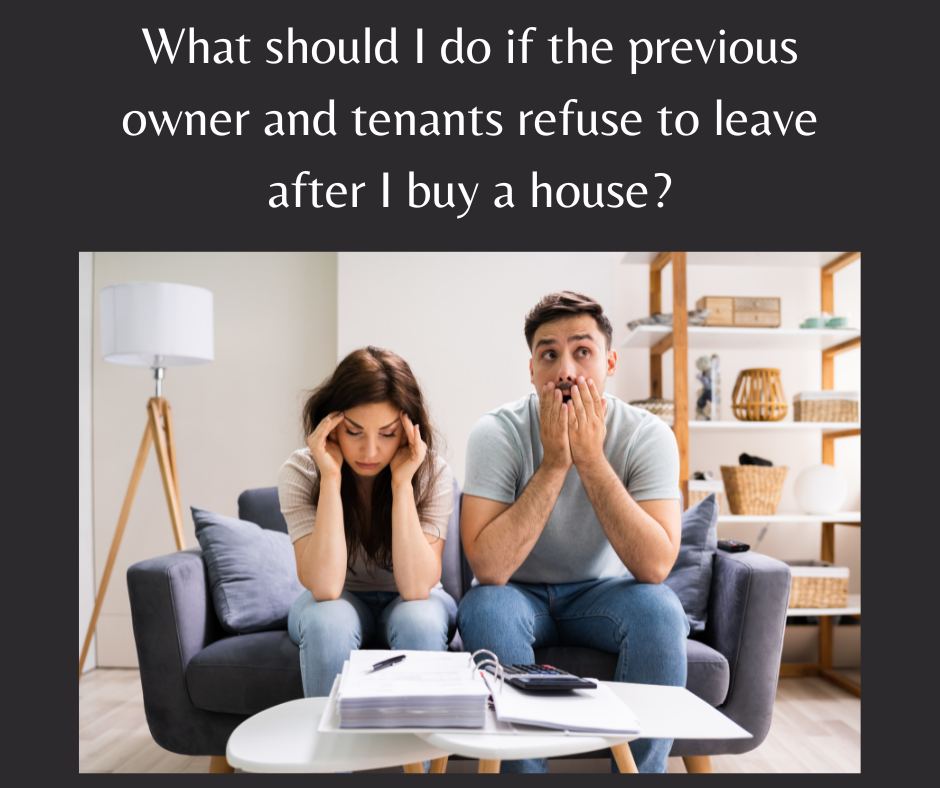What should I do if the previous owner and tenants refuse to leave after I buy a house?
 “Huur Goes Voor Koop” is a traditional South African saying that says if a property is being sold and there is a tenant already living there, the rent must come before the sale.
“Huur Goes Voor Koop” is a traditional South African saying that says if a property is being sold and there is a tenant already living there, the rent must come before the sale.
According to this rule, a lease that was signed before a property could be sold legally will remain in effect after the sale. This means that until the end of the lease agreement, you will be the owner of the property until the Deeds Office registers it in the name of the new owner.
When a renter breaks a lease by not paying rent on time and in full, the landlord has the right to end the lease, evict the renter, and go after the renter for unpaid rent and other damages.
Because this could be a long process, it is best to start the eviction process as soon as the lease agreement has ended.
The Prevention of Illegal Eviction from and Unlawful Occupation of Land Act, 1998 (PIE Act), must be followed to get rid of people who are not allowed to be there. The PIE Act’s goals are to stop illegal evictions and make it easier to get rid of people who aren’t supposed to be there.
A very important clause a buyer can include to protect himself is an agreement with the seller that the seller will pay for any eviction proceedings the buyer needs to start if the tenants don’t leave on the date of transfer.
A buyer can also say that if the tenants are still living there when the property is sold, the buyer will still be able to get the agreed-upon amount of rent from the seller until the tenants move out.
A lawyer should always be consulted to help with the eviction.
